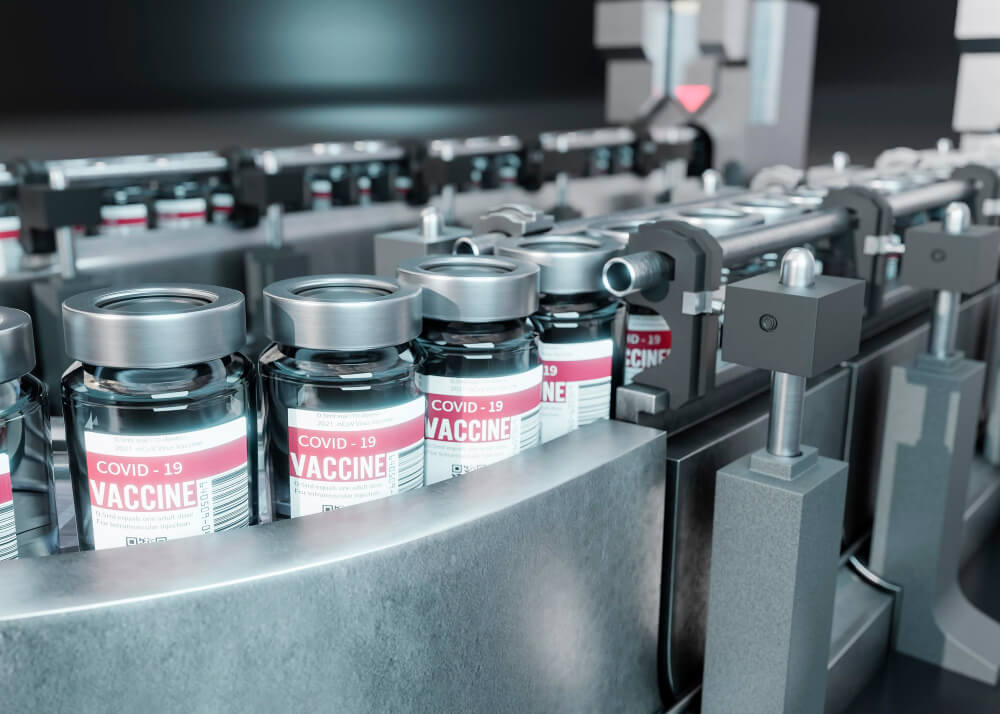Temperature-sensitive medications like biologics, vaccines, and insulin require flawless care from manufacturer to patient. Maintaining the cold chain is not just a supply chain concern—it’s a science mission. Research has established that brief exposure to improper conditions can destabilize these medications, rendering them ineffectual or even harmful. This blog delves into the evolving science of medical cold chain management, the vulnerabilities in current systems, and how innovations like Medicool are engineered to address these gaps. This is not an improvement—it’s a scientific breakthrough towards a system that integrates real-time pharmaceutical monitoring, intelligent coordination, and temperature-sensitive drug transport for public health.
The Chemistry of Temperature-Sensitive Medications
Even minimal temperature changes can denature protein in biologic drugs or reduce vaccine potency (Kumar & Singh, 2023). Proteins used in insulin or monoclonal antibodies are especially vulnerable. Temperature fluctuations cause irreversible molecular changes that compromise the drug’s therapeutic effect. Current research emphasizes the importance of continuous cold chain monitoring with precise temperature documentation to detect excursions (WHO Technical Report Series, 2022).
Medicines like mRNA-based vaccines are even more sensitive, requiring below-zero storage and precise thawing protocols. This has ushered in a new era of cold-chain logistics, with scientific precision dictating every step of distribution.
Smart Sensors and Thermal Modeling
Recent advances in thermal modeling have enabled predictive systems that simulate how temperature behaves within refrigerated spaces (Fleming et al., 2022). Phase change materials (PCMs) are now being designed to absorb or release heat at predetermined thresholds, extending passive cooling capabilities without electricity.
Smart sensors, such as those integrated in Medicool, continuously measure and log variables like humidity and temperature, sending real-time pharmaceutical monitoring alerts if anomalies occur. This dramatically reduces the chance of unnoticed failures and improves response times during transportation.
The Importance of Data in Drug Safety
Healthcare logistics digitalization now puts a higher premium on data integrity and traceability. Cold chain solutions in today’s era employ encrypted logs such that every movement of a product can be traced and verified (Lee & Yoon, 2023). AI-backed analytics are even employed to predict equipment failures and to route more optimally.
Medicool facilitates this strategy by providing pre-installed data transfer to central dashboards, which helps with faster decision-making and enhanced compliance with adapting health regulations. This virtual platform enhances not just reliability but also trust among the public.
Biopharmaceutical Trends Driving Innovation
With the increasing popularity of biologics and personalized medicine, precision logistics is increasingly required. The biopharmaceutical supply chain today necessitates modular solutions that can handle diverse drug profiles and temperature sensitivities. Research shows that drugs like cell therapies have even greater control requirements, at times requiring cryogenic transportation (Gonzalez et al., 2023).
This is propelling innovation in miniaturized refrigeration and smart medical transport technology that not only is deployable in large hospitals but also in rural health clinics and in mobile units. Medicool falls into these requirements by offering adaptability and responsiveness in accordance with this new requirement.
Regulatory Evolution and Compliance Challenges
With the rise of biologics and personalized therapies, there’s an increasing demand for precision logistics. The biopharmaceutical supply chain now requires modular solutions that adapt to diverse drug profiles and temperature sensitivities. Research shows that drugs like cell therapies need even tighter control, sometimes requiring cryogenic transport (Gonzalez et al., 2023).
This is fueling innovation in compact refrigeration and smart medical transport technologies that can be used not just in large hospitals but also in rural clinics and mobile units. Medicool aligns with these requirements by offering flexibility and responsiveness tailored to this emerging demand.
Conclusion
The destiny of temperature-sensitive drug shipping does not rest upon better containers alone but upon wiser systems. While science proceeds apace with high-tech biologics, gene therapies, and sensitive vaccines, cold chain infrastructure must be upgraded to meet the challenge. What we see emerging today is a seismic transformation driven by scientific insight where logistics is incorporated into the therapeutic formula.
With each advance, like those in Medicool, we take another step toward a world in which every vial of medicine is trackable, safe, and effective from the laboratory to the patient. This isn’t product development—it’s medicine development. The cold chain isn’t an unseen process anymore but a cornerstone of modern medicine.




